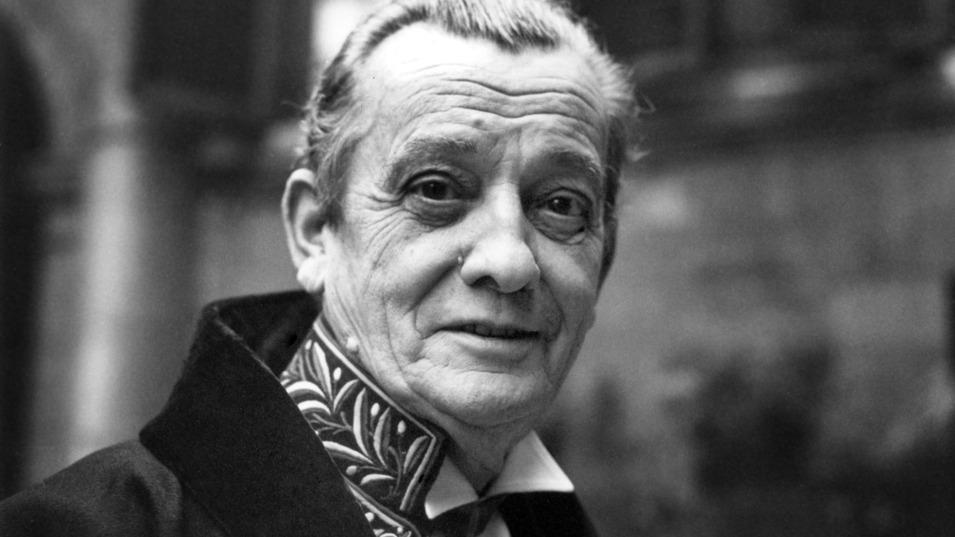Marcel Pagnol, a playwright and filmmaker, died 50 years ago. Le Figaro looks back on his writing, between national language and regional dialect.
He became famous with his play The Glory of My Father in 1927. He then founded his own film production company in Marseille, from which he eventually left to return to writing. His Marseille trilogy, "Marseille santons who smell of garlic and lavender, shellfish and pastis, the nostalgic smells of the old port" was published in 1947. He was born in the town of Aubagne, under the Garlaban crowned with goats in the time of the last goatherds, and wrote in his native dialect. The French Academy welcomed him with these words: "You have had the honor, the great honor, of giving this dialect the right of inclusion at the Academy." "The noble Phocaean city knows this, I am sure, infinitely grateful to you." In 1854, seven young Provencal poets met in Vaucluse to restore Provençal dignity. But the school of the Third Republic and its laws fiercely prohibit teaching in the local language. Marcel Pagnol was born in 1895 to a teacher from Aubagne, firmly secular and republican; the Occitan therefore no longer has the right to be cited. The union can only come from French, he says, and French is the language of the Provencals, not of the Arabs or the Kabyle. He writes: “There are all these names of flowers, birds, or plants to which French has never given an equivalent.’”Patois is the worst enemy of the teaching of French in our primary schools, declared the primary inspectorate virulently in 1893. “He will then lie flat.

